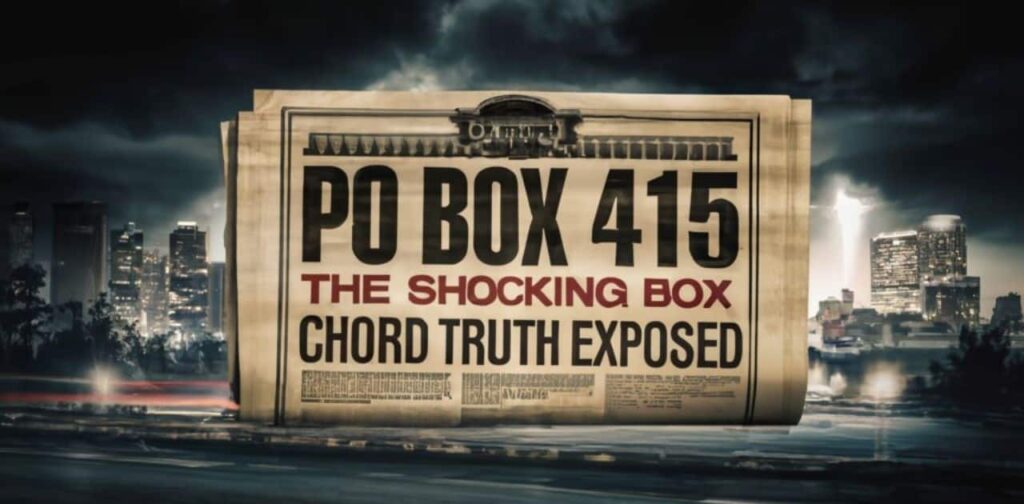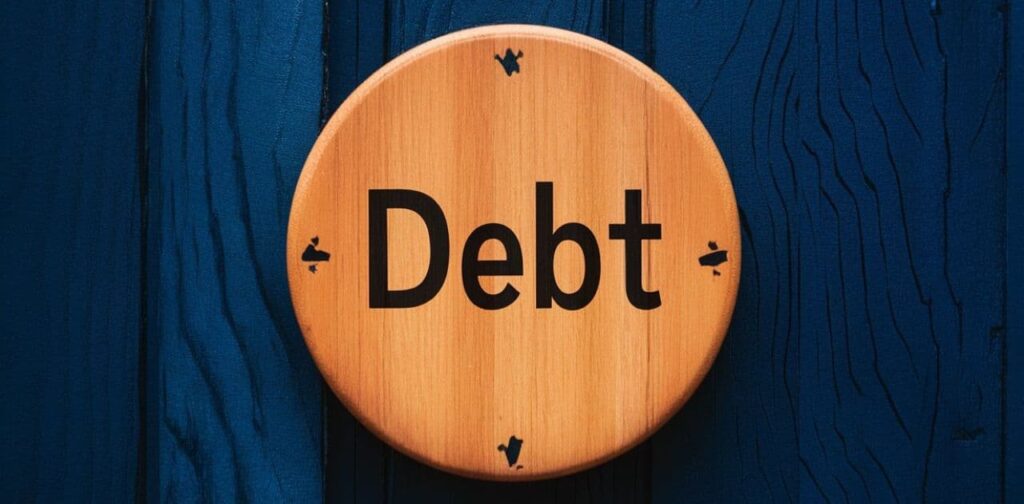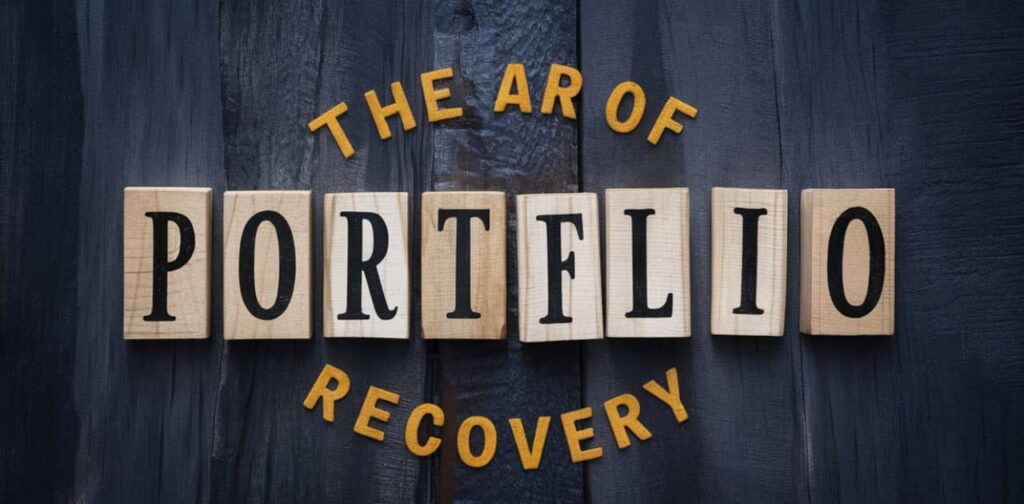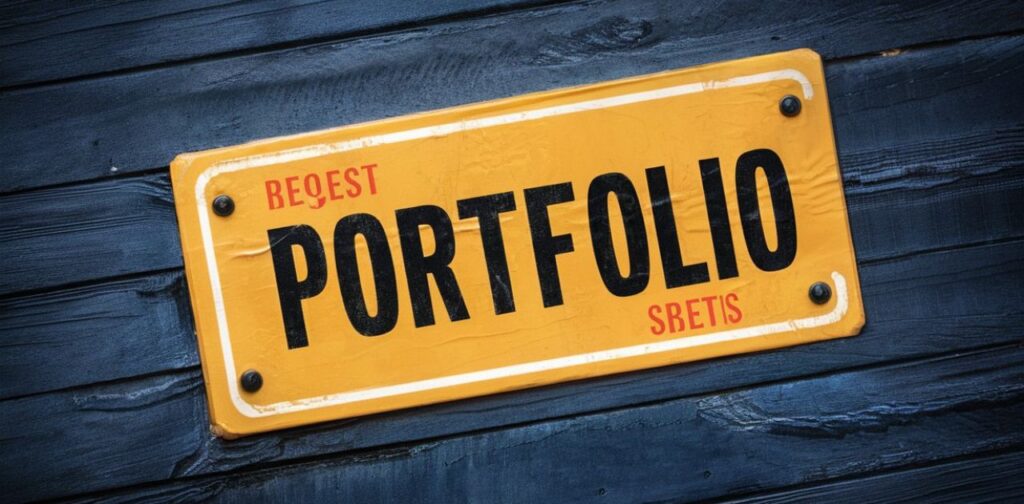PO Box 4115 Concord, CA in Concord, California, acts as a vital communication conduit for businesses, organizations, and individuals, serving as a centralized hub for sending and receiving mail.
Businesses benefit from using “PO Box 4115 Concord CA: Everything You Need to Know!” as a professional mailing address separate from their physical locations. This ensures the secure receipt of essential documents and correspondence. Similarly, individuals appreciate its convenience for personal mail offering a secure location for letters, packages, and deliveries. With its dependable postal service this P.O. Box streamlines mail management providing a reliable and efficient solution for both businesses and individuals alike.
Box streamlines mail management for both personal and professional purposes. It presents a practical solution for managing mail without the need for a physical address, serving residents and businesses by facilitating the prompt and secure receipt of bills, subscriptions, and notices. Moreover, it offers an added layer of privacy and anonymity, appealing to those who prioritize discretion in their communications.
PO Box 4115 Concord, CA: The Shocking Truth Exposed

Hey, you know that shady letter you got from some “Dept 922” at a PO Box in Concord, California? Don’t panic, but it’s probably from those debt collectors at Portfolio Recovery Associates. Before you toss it aside, take a breath and hear me out. I’ll break down exactly what’s going on and how to handle it like a pro.
What’s Up With That PO Box?
For those scratching their heads, let’s start with a quick 101 on PO Boxes. Unlike your regular home mailbox, a PO Box is a locked box at the post office where you can receive mail. Businesses and individuals often use them for privacy or if they move around a lot.
Now, why would a debt collector use a PO Box, you ask? Well, by using an innocuous address instead of their company name, they increase the chances you’ll actually open that envelope. Sneaky, right? They’re banking on your curiosity overriding any urge to ignore debt mail.
Debt Collection 101 For those new to this debt collection game, here’s a crash course: When you fall behind on payments to a creditor (think credit cards, loans, utilities), your account can eventually end up in collections. The creditor may try calling and sending letters first. If that doesn’t work, they might sell your debt to a third-party debt buyer and collection agency – enter Portfolio Recovery.
From there, the fun really begins. The agency will relentlessly pursue you for payments through letters, calls, and if needed, potential legal action. So ignoring those PO Box letters? Not advisable, as tempting as it may be.
Who is Portfolio Recovery Associates?

These guys are one of the biggest players in the debt recovery game. Their whole business model revolves around buying up delinquent debts from original creditors for a fraction of the cost. Once they own your debt, they can then try every trick in the book to collect from you.
Portfolio Recovery is also infamous for being extremely litigious. They won’t hesitate to take debtors to court to try forcing payments. No mercy!
Breaking Down Those “Dept” Codes You’ll notice those Portfolio Recovery letters often have a “Dept” number included with the PO Box address. For example: Dept 922 PO Box 4115 Concord, CA 94524. These codes likely refer to the type of debt or Portfolio’s internal organizational structure.
For instance:
- Dept 922: General debt accounts
- Dept 940: Specifically for medical debts
- Dept 855: Student loan debt portfolio
Don’t read too much into the numbers they’re mostly for Portfolio’s own categorization purposes.
Know Your Rights Just because Portfolio Recovery owns your debt doesn’t mean they can harass you endlessly. You still have rights!
The Fair Debt Collection Practices Act prohibits debt collectors from using abusive, deceptive, or unfair practices when trying to collect a debt. This includes rules around when they can call, what they can say, and fees they can charge.
Some key protections:
- Debt collectors can’t threaten violence or use obscene language
- They must identify themselves as debt collectors
- They can’t discuss your debt with others without your consent
- They have to respond to debt validation requests within 30 days
If Portfolio Recovery or any collector oversteps, you can report them to the Consumer Financial Protection Bureau and your state’s attorney general. Don’t let them push you around.
Your Options for Handling It
So let’s say you open that strange PO Box letter and yep, it’s from Portfolio Recovery about an old debt. What now?
Well, you’ve got a few potential routes:
Pay the Debt in Full If you have the means, you can simply pay the full balance and put it behind you. Portfolio Recovery must then stop all collection efforts.
Negotiate a Settlement Don’t have the full amount? You may be able to settle for less than you owe. More on that shortly.
Request Debt Validation You can force Portfolio Recovery to validate the debt by providing evidence you actually owe it. This puts the burden of proof on them.
Dispute the Debt If you genuinely don’t owe the debt or have faced violations from the collectors, you can dispute it by sending a debt validation letter within 30 days of receiving the initial notice.
File Bankruptcy For overwhelming debt that’s become unmanageable, bankruptcy may allow you to discharge the debt entirely or establish a payment plan. Just know it’ll nuke your credit for years.
Watch That Statute of Limitations

One key factor in how you respond? The statute of limitations for your debt. This is the legal time limit for when a creditor can sue you for the debt.
The statutes vary by state and debt type, but generally:
- Credit card debt: 3-6 years
- Promissory notes/contracts: 3-6 years
- State tax debt: Varies, around 3-6 years
- Medical debt: 3-6 years
Here’s a table showing some common statutes across different states:
| State | Credit Card | Promissory Notes | Medical |
|---|---|---|---|
| California | 4 years | 4 years | 4 years |
| Texas | 4 years | 4 years | 4 years |
| Florida | 5 years | 5 years | 5 years |
| New York | 6 years | 6 years | 6 years |
| Illinois | 5-10 years | 10 years | 5 years |
If your debt’s statute of limitations has passed, Portfolio Recovery can’t legally sue you over it. Their options become much more limited.
However, they can still attempt to collect the debt through letters and calls. And the debt can remain on your credit report, damaging your score.
So while that statute expiring gives you more leverage, don’t ignore the debt outright unless you want a world of harassment.
Recommended Post:
Why Am I Getting A Package From Auctane ShipStation?
The Art of Settling With Portfolio

Like most debt collectors, Portfolio Recovery is often open to negotiating and settling debts for less than the full amount.
After all, they bought your debt for pennies on the dollar. So even if you can negotiate down to paying 25-50% of what’s owed, they still make a nice profit.
There’s a few potential strategies for getting Portfolio to accept a “good” settlement:
The Lump Sum Approach
If you can muster a smaller lump sum payment (say 25-40% of the balance), you may be able to settle the full debt once and for all.
Having cash on hand right now is more valuable to them than an empty promise of future payments. So leverage what you can pay today for a better deal.
Payment Plan Settlement
If you can’t afford a lump sum, see if Portfolio will accept a structured payment plan for a portion of the debt. For example, paying $100/month for a year to settle a $2,000 debt.
Go in with a reasonable offer and counteroffer their first rejected proposal. They may eventually accept consistent payments over letting it go to potential court judgment.
Highlight Financial Hardship
Collectors like Portfolio are often more willing to take significant discounts when the debtor is clearly in financial distress.
If you’ve recently lost a job, gone through a divorce or medical issue depleting your finances, present this as leverage for why you simply cannot pay the full debt.
They may be willing to settle for 10-25% just to get something rather than nothing.
Get any settlements in writing before paying a cent! And remember, settled debt is usually considered taxable income.
How to Beat Portfolio at Their Game

Let’s be real debt collectors like Portfolio Recovery play a bit dirty in trying to collect from you. Threats, harassment, you name it.
But you can fight fire with fire using smart strategies of your own:
Request Full Debt Validation
Within 30 days of receiving the first notice, you can send a debt validation letter demanding full evidence that you owe this debt and that Portfolio Recovery is the valid owner of it.
They have to then provide documentation within 30 days confirming all the details match up. If not, they’re legally obligated to stop pursuing collection.
Leverage the FDCPA
The Fair Debt Collection Practices Act prohibits debt collectors from using abusive, deceptive or unfair practices in collecting a debt. Watch for any potential FDCPA violations.
Negotiate Based on Age of Debt
The older your debt is, the more leverage you gain in settlement negotiations with Portfolio Recovery. As debts approach or pass the statute of limitations, collectors know the legal ground is crumbling beneath them. Use this window to push for higher debt discounts of 50% or more.
Send a Cease and Desist Letter
If hounding calls and letters from Portfolio become incessant harassment, you can send a cease and desist letter demanding all direct communication stop. They can still pursue the debt, but all future contact must go through your attorney acting as a buffer against their aggressive tactics.
Dispute It With Credit Bureaus
Even if you can’t get the debt fully removed, you can still dispute the negative collection account showing on your credit reports. Creditors have 30 days to validate the debt’s accuracy and their ownership of it to the credit bureaus. If they can’t substantiate it properly, they must remove or update the entry.
Success Stories
The Inspiration You Need Still feeling overwhelmed dealing with Portfolio Recovery’s brazen collection efforts? Take heart from these real people’s victories:
“I requested debt validation from Portfolio and they couldn’t provide accurate documentation. After 90 days of no response, they had to cease all collection efforts per FDCPA rules!”
Mark R., Texas
“After falling behind on credit card debt, I settled a $15,000 balance with Portfolio Recovery for just $4,500 through tough negotiating and leveraging my poor financial situation.”
Jen M., California
“My debt had passed the 4-year statute of limitations, so I sent Portfolio Recovery a cease and desist letter. While it’s still on my credit report, at least the threatening calls and letters stopped.”
Sam T., New York
You too can emerge victorious against Portfolio Recovery armed with knowledge and perseverance!
Additional Resources: Dealing with aggressive debt collectors like Portfolio Recovery is never fun. But you don’t have to go it alone!
Consider reaching out to trustworthy resources for guidance:
- NFCC.org: The National Foundation for Credit Counseling’s members provide affordable debt management plans.
- FTC.gov: The Federal Trade Commission has ample info on your debt collection rights and how to handle violations.
- ConsumerFinance.gov: Submit complaints about debt collectors to the Consumer Financial Protection Bureau.
- Local Legal Aid clinics and attorneys specializing in debt defense and FDCPA cases.
There are also handy online calculators to understand debt payoff timelines, interest paid, statute of limitation dates by state, and more.
FAQ’s
Is Portfolio Recovery legitimate?
Yes, Portfolio Recovery Associates is a legitimate and very large debt buying/collection company based in the United States. However, their aggressive tactics have drawn criticism.
Why do I get letters from PO Box 4115 in Concord, CA?
Portfolio Recovery uses the PO Box 4115 address as their primary mailing location for debt collection notices, rather than their company name directly. The nondescript address aims to increase open rates.
What does “Dept 922” mean on their letters?
The department codes like 922, 855, 940 etc. are for Portfolio Recovery’s own internal organizational system, separating types of debts and accounts.
Can Portfolio Recovery sue me?
Yes, Portfolio Recovery is known for being very litigious in taking debtors to court if debts go unpaid. However, they lose this legal ability once a debt surpasses the statute of limitations.
What rights do I have against debt collectors?
The Fair Debt Collection Practices Act outlines strict rules debt collectors must follow, prohibiting harassment, misleading statements, unfair practices and more. You can report violations.
Should I pay a debt Portfolio Recovery is trying to collect?
Ultimately it’s up to you, but know that you have options for negotiating settlements, validating the debt, or in some cases even having it dismissed if past the statute. Get informed first.

Meet Brook, our business blog guru. They turn business jargon into easy-to-read stories that captivate and inform. Dive into our blog and let Brook guide you through the corporate world with clarity and style.







